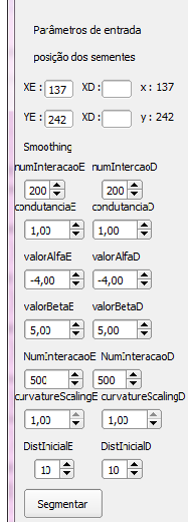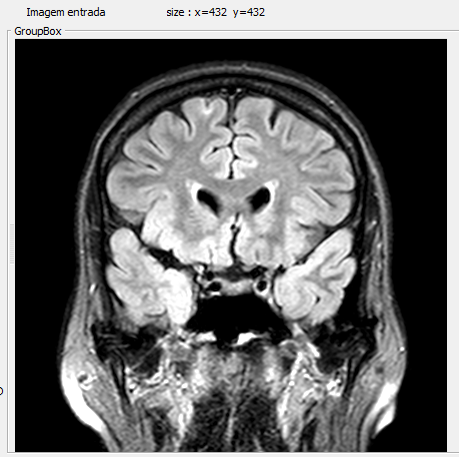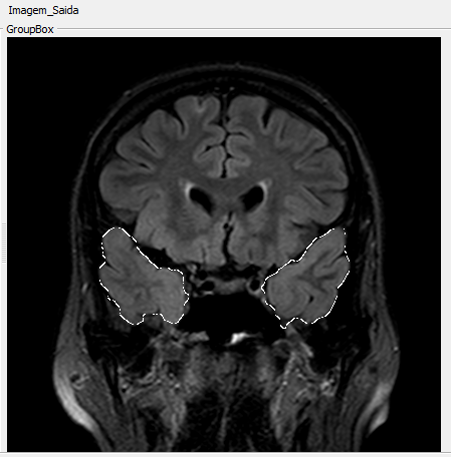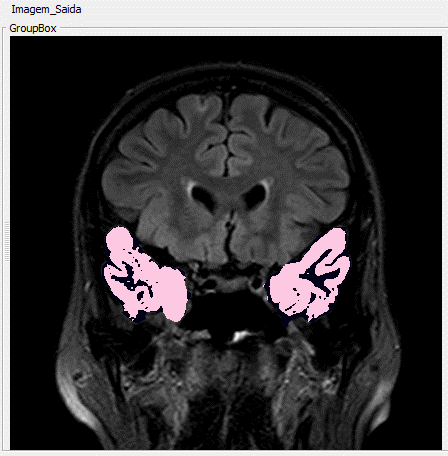Difference between revisions of "2013 Summer Project Week:Epilepsy Surgery"
From NAMIC Wiki
| Line 56: | Line 56: | ||
<h3>Results</h3> | <h3>Results</h3> | ||
| + | <b>Classifier</b> | ||
| + | <li>Once segmented, the images are analyzed using texture descriptors from the intensity histogram and local pixels dependence measures proposed by Haralick were extracted. | ||
| + | Subsequently, the set of feature vectors from the segmented images is evaluated using three classifiers in WEKA environment. | ||
| + | <li>Images of 32 patients with TLE were used, 15 of those exhibiting blurring phenomenon in TL and 17 do not. | ||
| + | <li>In total, a set of 98 planar images was segmented, and 51 are classified in "with blurring" category and 47 "without blurring" category. | ||
Revision as of 04:34, 21 June 2013
Home < 2013 Summer Project Week:Epilepsy SurgeryKey Investigators
- USP - Luiz Murta
Objective
This project will investigate the presence and location of the epileptogenic focus in temporal lobe by analyzing patterns of texture in magnetic resonance imaging (MRI) after segmentation using anisotropic diffusion filters anomalous and geodesic active contour.
Purpose
Progress
Examples:
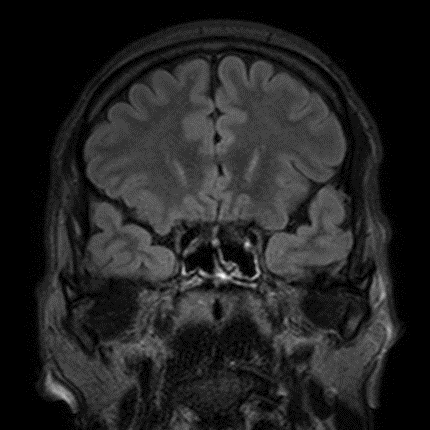
Normal MRI at mesial temporal lobe
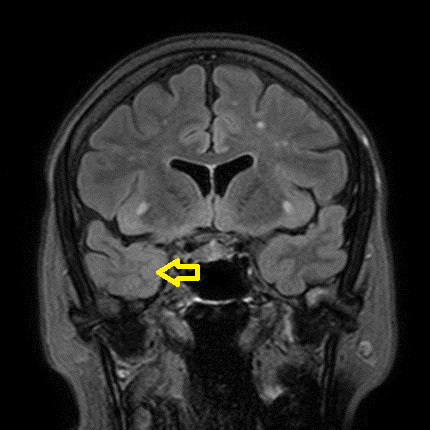
MRI containing blurring phenomena on right side as indicated by the yellow arrow
Results
Classifier
References
- Shaker, M. & Soltanian-Zadeh, H., 2008. Voxel-Based Morphometric Study of Brain Regions from Magnetic Resonance Images in Temporal Lobe Epilepsy. Image Analysis and Interpretation, 2008. SSIAI 2008. IEEE Southwest Symposium on, 209-212.

